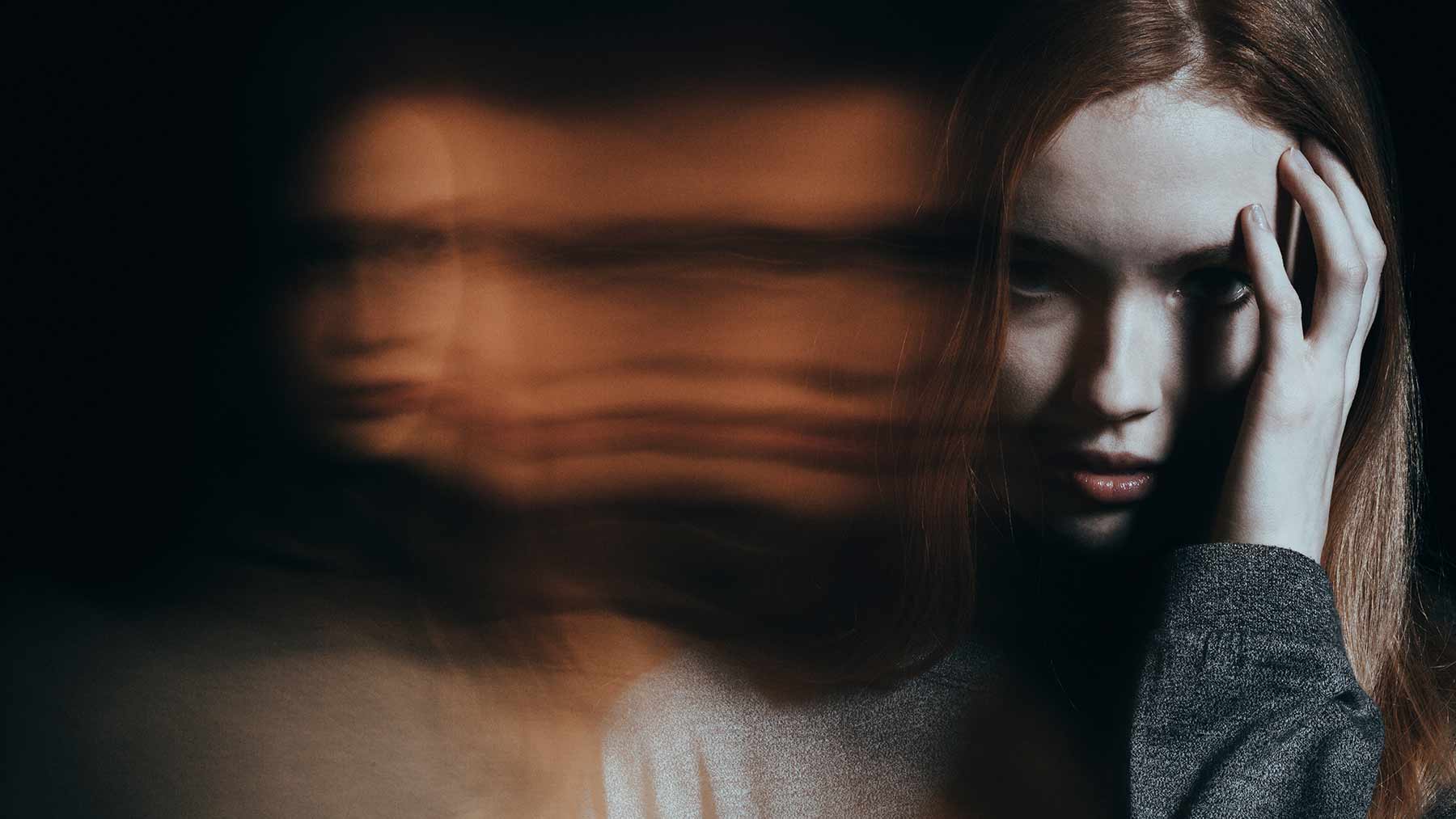What are hallucinations?

Hallucinations are a sensory experience that occurs in the absence of an external stimulus.
As a psychologist, I like to describe hallucinations that way instead of saying that it’s something that someone sees or hears that isn’t there, because that’s invalidating.
To the person who’s experiencing a hallucination, it’s incredibly real -- just like you and I see anything else in the world. It’s very real to them, it’s just that another person in that same situation wouldn’t have that same experience.
Hallucinations may happen to someone suffering with psychosis, a term used to describe a severe mental disorder in which thought, perception and emotions are so impaired that contact with external reality is distorted or even lost.
Similar to a fever, the symptoms of psychosis – such as hallucinating – can mean there’s an underlying disturbance or problem, but will not point to a specific illness. Such a disconnection from reality may happen with many types of mental and other illnesses.
Sometimes a person with psychosis will experience auditory hallucinations, which often take the form of “hearing voices.”
But you may be surprised to learn that hallucinations can also include aberrant sensory experiences across vision, touch, taste and smell.
Someone who’s experiencing auditory hallucinations may describe hearing a voice or multiple voices that others can’t hear. But they may also hear strange or unexpected noises not explained by external stimuli, such as music, knocking on walls or muffled voices that sound like they’re coming from another room.
Other types of sensory hallucinations may include feeling as if insects are crawling on your skin, seeing shadowy figures or movements that aren’t there, or experiencing strange smells and tastes.
It’s important to note that in some cultures hallucinations are viewed as normative spiritual guidance, and some cultures may view visual hallucinations of religious figures as indicators of special status.
What causes hallucinations?
Hallucinations can be caused by a variety of illnesses, including psychiatric disorders such as schizophrenia, bipolar disorder or depression with psychotic features, and non-psychiatric conditions, including certain neurological and endocrine disorders.
Transient psychotic symptoms can also be attributable to the acute effects of substance use or sleep deprivation. Broadly, hallucinations occur due to alterations in chemical and electrical signaling and communication in the brain.
How can hallucinations be treated?
Treatments for hallucinations work best when the underlying cause of these symptoms is identified. Hallucinations are often treated with medication.
However, individuals who experience hallucinations may also benefit from working with a psychologist or other mental health provider to better understand their specific symptom patterns and manifestations.
They can also learn how to utilize behavioral strategies to minimize the impact of hallucinations on their functioning – to optimize their ability to engage in meaningful activities and tasks of daily living, even if hallucinations continue to be present.
When should you seek medical help for hallucinations?
Individuals experiencing the onset of hallucinations and other changes in perception should seek medical consultation and evaluation to determine possible underlying causes.
Individuals who find the hallucinations distressing or interfering are particularly likely to benefit from treatments aimed at alleviating these symptoms and minimizing how much hallucinations hinder preferred activities.
Aubrey Moe is a psychologist at The Ohio State University Wexner Medical Center.




